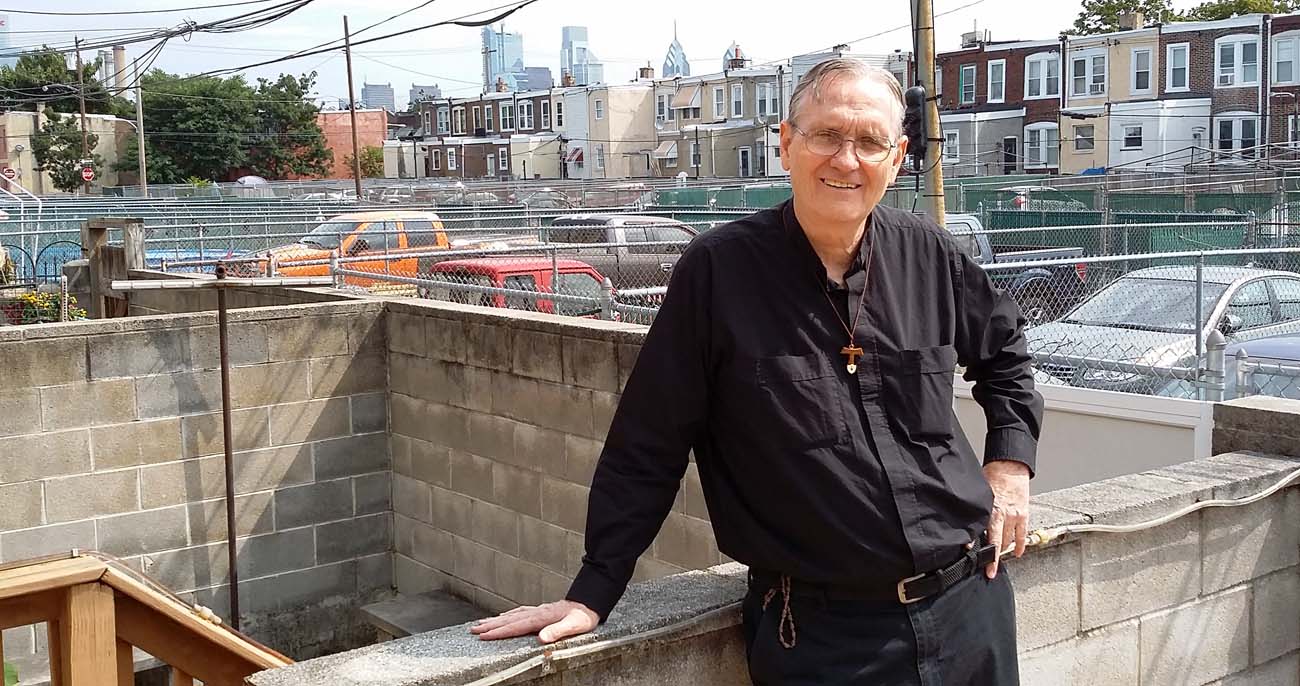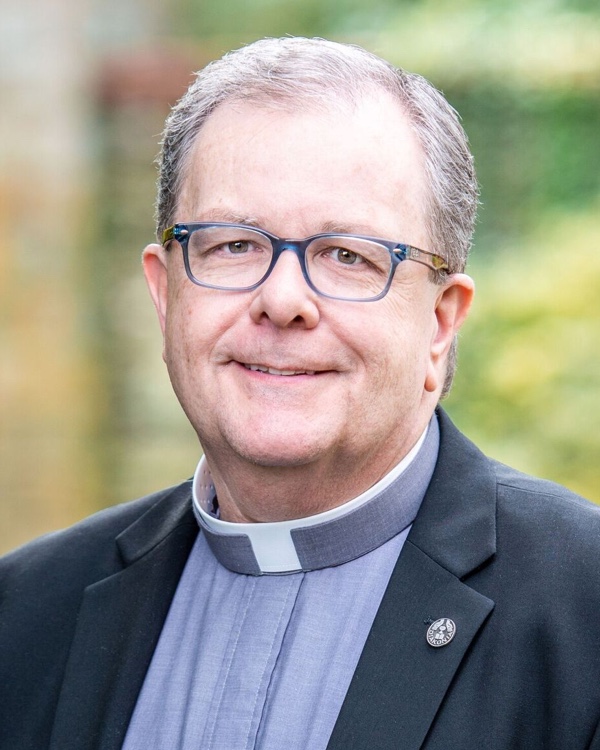
(Pixabay)
As a second holiday season amid COVID begins, local addiction ministry experts are urging those in recovery to lean on God more than ever.
“Resurrection happens in our hearts,” said Father Douglas McKay, founder of the Philadelphia-based Our House Ministries and national chaplain of the Calix Society, a support group for Catholics in recovery. “It takes a power greater than ourselves.”
That awareness is especially crucial in light of the nation’s estimated 100,000 drug overdose deaths between April 2020 and April 2021. Provisional data from the Centers for Disease Control show that fentanyl, methamphetamine, cocaine and prescription drug deaths rose 28.5% — and those numbers may in reality be greater, said Father McKay.
[hotblock]
“A number of suicides and gun violence deaths are drug-related,” said the priest, who has spent several decades working with thousands in addiction.
And although the opioid crisis in particular garners headlines, alcohol abuse remains a significant and growing problem, said permanent Deacon Dan Giblin, a member of St. Ann Parish in Phoenixville, certified recovery specialist and full-time spiritual advisor at the St. John Vianney Center in Downingtown. The archdiocesan facility provides behavioral counseling and addictive disease treatment for clergy and religious nationwide.
“Alcohol still really outnumbers opioids,” said Deacon Giblin. “It’s the original addiction.”
A 2019 federally sponsored survey found some 14.5 million persons aged 12 and older struggled with alcohol use disorder (AUD), with 25.8% of respondents engaging in binge and heavy drinking.
High-intensity drinking – consuming two to three times the threshold for binge drinking – has also been on the rise.

Father Douglas McKay of Our House Ministries in Philadelphia says those in addiction are “looking for God and don’t know it.” (Gina Christian)
Spikes in alcohol use spurred by the pandemic have remained steady, especially among Black men, Black and Hispanic women and women with children under the age of five, according to the nonprofit research institute RTI International, which conducts the federal government’s annual National Survey on Drug Use and Health.
Regardless of the substance of abuse, addiction remains “a spiritual problem first and foremost,” said Our House administrator and Catholic radio host Ken Johnston.
A complex disease that affects mind, body and soul, addiction points to a deeper cry for meaning and worth, said Father McKay.
“The person in addiction is looking for God and doesn’t know it — seeking that joy, fulfillment and abundant life that only Christ provides,” he said. “As St. Augustine said, our hearts are restless until they rest in God.”
A combination of spiritual and practical support can holistically address the wounds underlying addiction, said Johnston.
[hotblock2]
“We just had a young guy from a nearby recovery house come in halfway through one of our Calix Society Masses,” he said. “He seemed genuinely amazed this ministry was even available and didn’t even realize he was welcome. He had found a home.”
Johnston and Father McKay said those in addiction can take heart from the examples of St. Augustine, St. Monica, St. Mark Ji and Venerable Matt Talbot, whose parish shrine was recently opened at St. Gabriel in Philadelphia, adjacent to Our House Ministries.
Holidays can exacerbate addiction by providing occasions for stress, painful memories and overindulgence – but a few specific strategies can help sustain recovery, say experts.
Letting go of “unrealistic expectations” about holiday celebrations and family gatherings is key, said Deacon Giblin.
“The season always introduces this sense that everybody has to have a Hallmark holiday, and I don’t think anybody has that,” he said. “Families have to level-set what the reality of the holiday should be.”
Johnston cautioned those with alcohol abuse issues to “not let their drinks out of their sight,” and to steer clear of alcohol in cookies and candy, which could trigger cravings,

Permanent Deacon Dan Giblin, a certified recovery specialist, said he has seen a “great resurgence” in recovery retreats focusing on spirituality. (St. John Vianney Center)
Remaining committed to recovery programs despite schedule disruptions is also essential, said Johnston.
“Don’t let up on what you’re doing, and if anything, double up,” he said. “Increase your attendance at meetings, increase your communication with sponsors and those in recovery. If you’re Catholic, get to confession and prepare for the coming of our Savior at Christmas.”
“Go late and leave early” when it comes to holiday parties involving alcohol, said Deacon Giblin, and “don’t internalize this perceived pressure that everybody’s watching you to see if you’re drinking or not.”
Loved ones should “properly acknowledge, but not overfocus” on recovery and instead act naturally, he said. “Try not to walk on eggshells.”
“Self-care” and “having compassion for themselves” will strengthen those in recovery, said Deacon Giblin – and there’s plenty of evidence for hope, especially given a “great resurgence” of recovery retreats centering on spirituality.
Although COVID-related lockdowns hindered in-person recovery meetings, online sessions enabled many to actually regain and maintain sobriety, he said – a development that has “gone under the radar” with so many grim statistics on addiction.
Father McKay, Deacon Giblin and Johnston all pointed to the human brain’s ability to heal from the effects of alcohol and drugs once the user begins to abstain – a phenomenon known as neuroplasticity.
“If you want to believe in God, just study the brain,” said Deacon Giblin.
In Christ, God draws unimaginably close to heal those suffering from addiction, said Father McKay.
“Every one of them is a child of the Eternal Father,” he said. “And the whole point of Christmas is that our Lord becomes one of us, and we become one with him.”
***
If you or a loved one are in an addiction-related medical crisis, call 911.
Resources on addiction recovery can be found on the archdiocesan Catholic Social Services’ Recovery and Hope webpage and the archdiocesan Office for the New Evangelization’s Hope in Christ webpage.
Visit the St. John Vianney Center website, the Our House Ministries website or the Calix Society’s website for additional resources.
PREVIOUS: After year without a Christmas bazaar, parishioners glad for its return
NEXT: Faithful serve hundreds of Thanksgiving meals to area families



Share this story